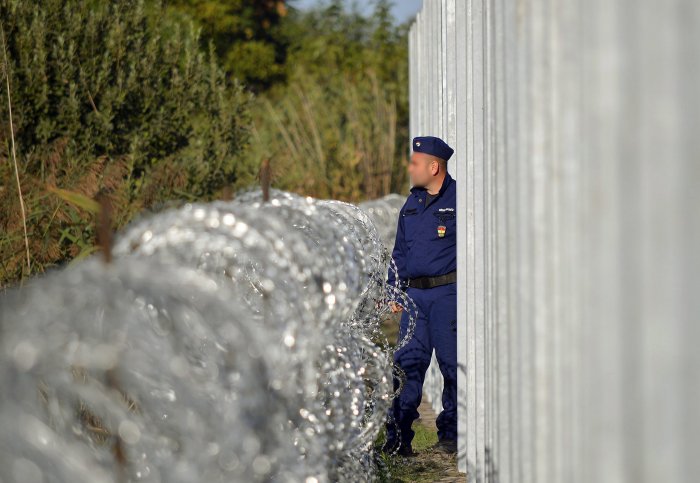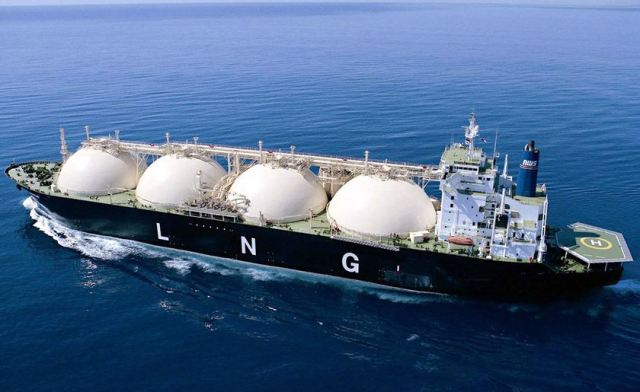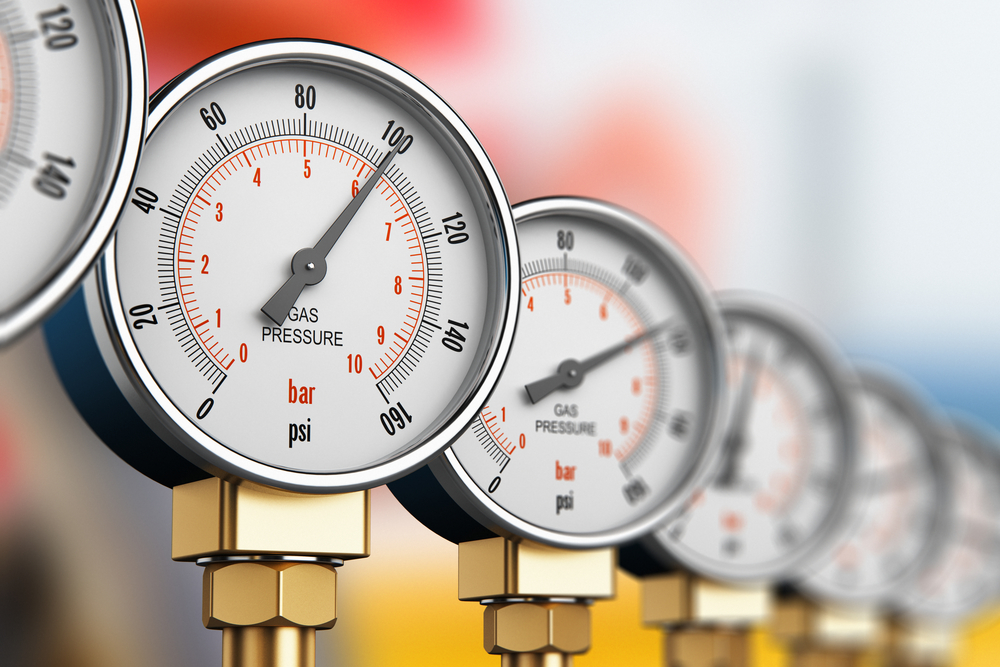CNG and LNG: the next big step in the field of alternative fuels?

Dr. Dániel Varga: A new EU directive will set forth ambitious goals regarding the use of CNG and LNG as alternative motor fuels. As a result, an overhaul of the relevant Hungarian legislation is expected.
Many tend to believe that electricity is the sole workable solution in the field of alternative fuels. However, it is also expected that compressed natural gas (CNG) and liquefied natural gas (LNG) will be more widely used in the upcoming years. The Hungarian regulations regarding these alternative fuels are very fragmented; therefore, significant legislative overhaul is foreseen in the near future.
The current use of CNG and LNG
The advantage of both CNG and LNG is that they are made of natural gas that is widely available through the existing pipeline system that interconnects almost every settlement from small villages to the largest cities in Hungary.
The use of CNG in automobiles and buses results in an approximate one-third cut in fuel prices and almost zeros greenhouse gas emissions. CNG is already used in as many as 49 public transport buses in Budapest, and you might have noticed that a handful of cabs also use the alternative fuel in the capital. However, as at the present date, there are only two CNG fuelling stations in Budapest and two more in the countryside.
LNG is typically used in seagoing vessels, although a priority project of the EU’s “TEN-T Network Program” aims at the establishment of a network of LNG terminals along the Rhine, Main and Danube to boost the use of LNG in inland waterway vessels. So far, no LNG terminal has been installed in Hungary.
Incomplete Hungarian legislation
The Hungarian legislation in connection with CNG and LNG is rather incomplete for the time being. At an EU level, the trade of natural gas is mainly governed by Directive 2009/73/EC (“Third Gas Directive”). Hungary implemented the Third Gas Directive by Act No. XL of 2008 on natural gas (“Gas Act”). Although Hungary has notified the European Commission of the full transposition of the Third Gas Directive that governs, inter alia, both the sale of natural gas and specifically LNG, the scope of effect of the Gas Act does not cover LNG in any respect. The lawmakers may refer to the fact that LNG is not practically used in Hungary for the time being. However, the absence of proper legislation governing the matters related to the use of LNG in compliance with the applicable EU laws may practically prevent the introduction of this technology in Hungary.
The regulations regarding CNG also seem to be incomplete in Hungary. As opposed to several other EU member states where CNG is also covered by the legislation transposing the Third Gas Directive, the Hungarian Gas Act leaves that field untouched.
As a result of the fact that the scope of the Hungarian Gas Act does not cover CNG and LNG, the requirements of the Gas Act applicable to gas undertakings (e.g. unbundling rules) do not apply to activities carried out in connection with CNG or LNG. Therefore, under the present legislation, gas undertakings governed by the regulation of the Gas Act may freely sell or store CNG or LNG without triggering the applicability of any unbundling rules.
The way ahead: new EU directive on the horizon to boost use of alternative fuels
On 15 April 2014, the European Parliament approved a directive on the Development of Alternative Fuels Infrastructure. This will enter into force once the Council has also approved it.
Pursuant to the directive, Member States are obliged to ensure by way of national policy frameworks the following: by 2020, sufficient CNG refueling stations must be installed to enable vehicles to circulate in urban territories and suburban agglomerations. By 2025, it must be ensured that the network of CNG refueling stations is extended so that the vehicles may circulate in the EU alongside the “TEN-T Core Network” (the core transportation network of the EU). In respect of LNG, an appropriate number of refueling stations must be installed throughout the TEN-T Core Network by 2030 at inland ports. The directive also empowers the European Commission to set forth unified technical and safety requirements.
In the light of the above obligations, significant amendments to Hungarian legislation in respect of CNG and LNG will be due in the near future.
SUPPORT THE BUDAPEST BUSINESS JOURNAL
Producing journalism that is worthy of the name is a costly business. For 27 years, the publishers, editors and reporters of the Budapest Business Journal have striven to bring you business news that works, information that you can trust, that is factual, accurate and presented without fear or favor.
Newspaper organizations across the globe have struggled to find a business model that allows them to continue to excel, without compromising their ability to perform. Most recently, some have experimented with the idea of involving their most important stakeholders, their readers.
We would like to offer that same opportunity to our readers. We would like to invite you to help us deliver the quality business journalism you require. Hit our Support the BBJ button and you can choose the how much and how often you send us your contributions.


.png)







.png)
